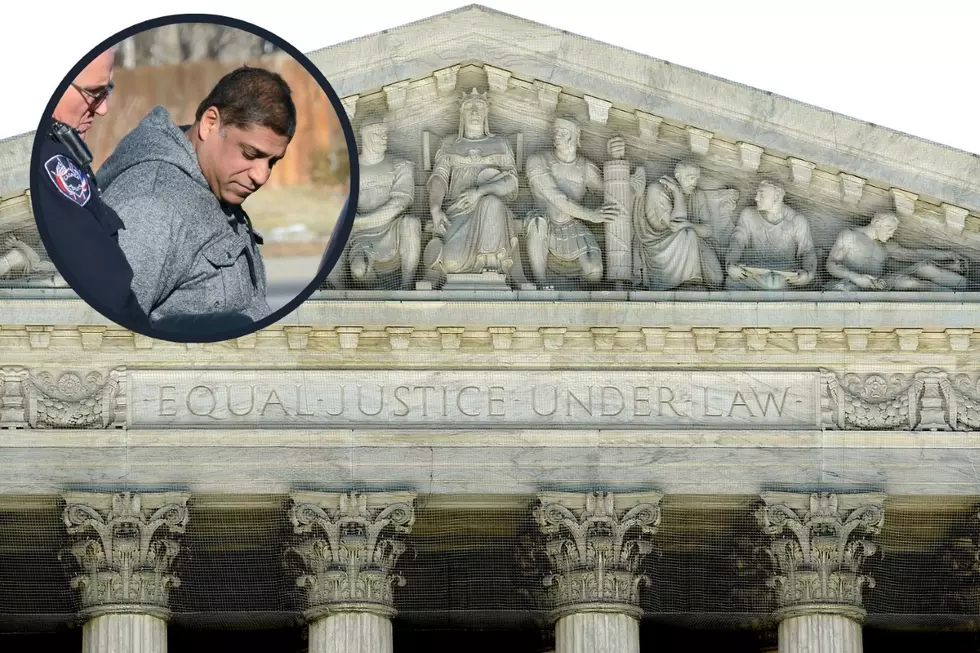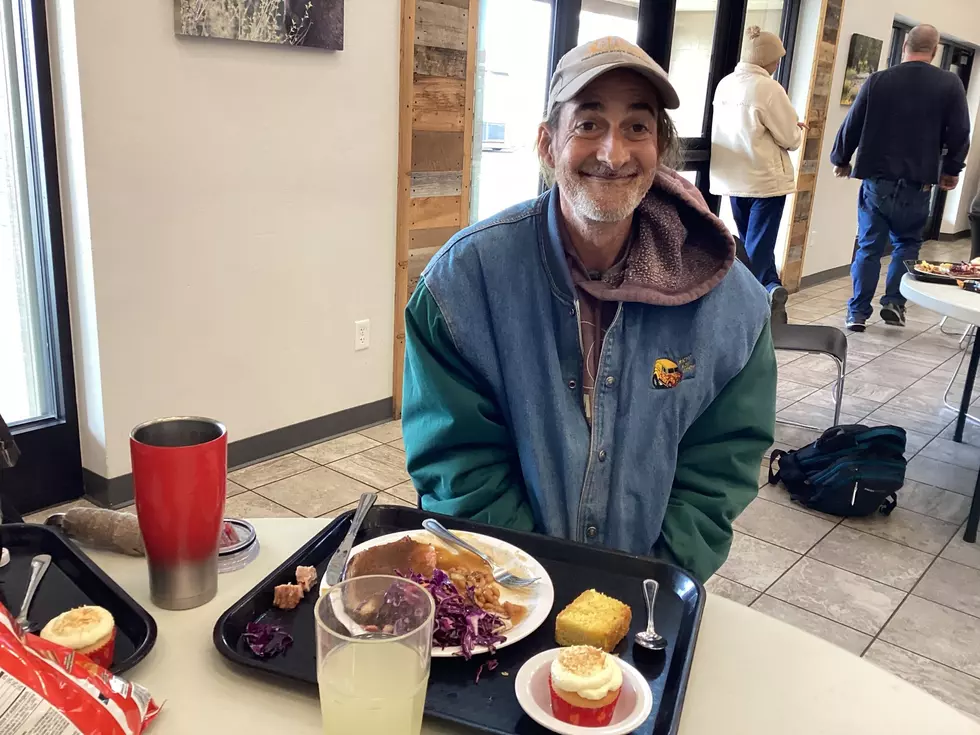
Federal Judge Formally Sets Retrial Date for Former Casper Doctor
A federal judge has set the date for a six-week jury trial in November in Casper for two men previously convicted and sentenced -- with their convictions later overturned -- and again, accused of multiple drug, firearms, communications, financial, and criminal enterprises.
U.S. District Court Alan Johnson set the retrial of Dr. Shakeel Khan and his brother Nabeel Kahn -- the spelling differences are accurate -- to begin Nov. 6 in the Casper federal courthouse, according to the notice filed in the lengthy docket on Tuesday.
Johnson is based in Cheyenne, and all pre-trial hearings will be held at the federal courthouse there.
In August 2019, Shakeel Kahn was sentenced to 25 years imprisonment and his brother Nabeel Kahn was sentenced to 15 years, one month imprisonment.
The retrial follows U.S. Supreme Court unanimous decision in June 2022 to send the cases of Kahn and another pain medication doctor from Alabama back to their respective federal appeals courts for reconsideration.
The high court dealt with the question of when or if doctors legitimately prescribing painkillers such as oxycodone shifted at some point to their supporting addiction, and when or if they knew that.
The appellate courts then sent the cases back to the Wyoming and Alabama federal courts.
Tuesday's formal notice of the retrial marks the latest turn in a case that began in 2016. (See summary of case below.)

A jury convicted Khan in May 2019 for prescribing drugs outside the standard of care, operating an ongoing criminal enterprise, prescribing controlled substances resulting in death and other crimes.
In August 2019, Johnson sentenced Kahn to 25 years imprisonment. Johnson sentenced Nabeel Kahn to 15 years, one month imprisonment.
They appealed to the Denver-based 10th U.S. Circuit Court of Appeals, which in February 2021 upheld the convictions and sentences.
Kahn and another doctor, Dr. Xiulu Ruan of Mobile, Alabama, then petitioned the U.S. Supreme Court. Ruan was convicted of overprescribing opioids. He was sentenced to 21 years imprisonment. The Atlanta-based 11th U.S. Circuit Court of Appeals upheld Ruan’s conviction.
Kahn and Ruan filed separate writs of certiorari with the Supreme Court, which combined them into one case.
Prosecutors needed to prove that Kahn and Ruan illegally prescribed pain medications in a way that violated the Controlled Substances Act.
But in the the 9-0 opinion written by Justice Stephen Breyer, the court ruled that if the doctors believed they were acting properly under the Controlled Substances Act, federal prosecutors “must prove beyond a reasonable doubt that the defendant knowingly or intentionally acted in an unauthorized manner.
“We vacate the judgments of the Courts of Appeals below and remand the cases for further proceedings consistent with this opinion."
In May, attorneys for the federal government, Kahn and Khan met with Johnson about pre-trial matters including discovery procedures and deadlines; disclosures of evidence to each side; deadlines; a possible plea agreement; proposed jury instructions, verdict forms and void dire questions; and witness and exhibit lists.
==========================
The May 2019 verdict ended a three-year investigation after the Wyoming Board of Pharmacy had questions about Kahn's apparent prescribing high amounts and doses of painkillers that seemed to be outside the usual standard of care.
Federal and state law enforcement agencies took over in the spring of 2016.
Prosecutors filed an initial criminal complaint against defendant Paul Beland in November 2016, but quickly took that down from the federal court website.
The crimes from January 2011 through November 2016 comprised the heart of the first count of the 23-count indictment with Kahn, Khan and three other co-conspirators -- Shakeel's wife Lyn, Shawnna Thacker and Beland. Those three co-conspirators pleaded guilty to this and other charges in exchange for testifying for the prosecution and reduced sentences.
Included in the conspiracy count for the Kahn and Khan was the charge that their distribution of those drugs resulted in the death of Arizona resident Jessica Burch in 2015.
Nabeel Kahn was convicted of the conspiracy count but not with the "resulting in death" enhancement and carrying a firearm during a federal drug-trafficking crime.
The other crime with the stiffest penalty facing Shakeel Kahn was operating a continuing criminal enterprise, conviction of which was punishable by 20 years to life imprisonment.
The indictment also named five counts of dispensing oxycodone, three counts of possession with intent to distribute oxycodone and aid and abet, six counts of unlawful use of a communication facility, three counts of dispensing oxycodone and aid and abet, and two counts of money laundering.
Wyoming Welcomes 22 New Citizens at Naturalization Ceremony
Wyoming State Archive Photo Collection
More From K2 Radio









